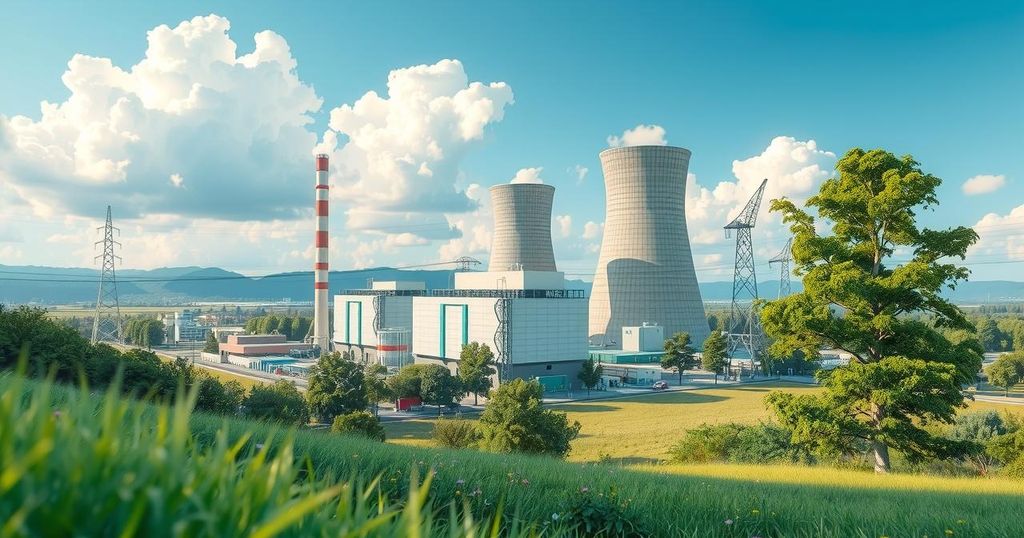Experts underscore the necessity of raising awareness about nuclear power in Thailand to enhance public confidence, highlighting the potential benefits of Small Modular Reactors (SMRs). Challenges such as construction costs and societal fears rooted in past nuclear incidents were addressed. A skilled workforce is deemed essential for the industry’s development, alongside collaboration among agencies to improve education and trust.
During a recent roundtable discussion hosted by Krungthep Turakij, experts emphasized the importance of raising awareness about nuclear power in Thailand to foster public confidence. Pennapa Kanchana, deputy secretary-general of the Office of Atoms for Peace, highlighted that Small Modular Reactors (SMRs) could significantly reduce greenhouse gas emissions and enhance energy security while minimizing reliance on fossil fuels. Although SMRs produce only one-third of the electricity generated by larger plants, their construction is simpler and they are deemed safer. Moreover, radioactive waste from these reactors has potential medical applications.
Despite the introduction of laws and regulations in 2016 that meet international standards, challenges such as high construction costs and public apprehension remain. Pennapa acknowledged that societal concerns are influenced by historical nuclear disasters like Fukushima and Chernobyl. She stated, “Thailand’s laws are ready except for civil responsibilities,” underscoring the necessity for collaboration with global partners to bolster public confidence.
Somboon Rassame, head of the nuclear engineering department at Chulalongkorn University, raised the issue of Thailand’s need for a skilled workforce within the nuclear sector due to existing expertise shortages. He anticipates swift technological developments over the next 13 years, urging the government to facilitate the creation of training programs and international knowledge exchange initiatives to ensure competitiveness. He asserted that developing a comprehensive safety evaluation framework is crucial to assuaging public fears regarding nuclear technology.
Suchin Udomsomporn, vice president of the Nuclear Society of Thailand, advocated for enhanced public knowledge and collaborative efforts among relevant agencies to build trust in nuclear power. She stressed that public awareness plays a pivotal role in alleviating fears, emphasizing that nuclear technology is beneficial in medical fields, such as X-rays and radiation therapy. “Relevant agencies should prioritise providing accurate, transparent, and trustworthy information for future generations,” she asserted, calling for the integration of nuclear education into curricula and the cultivation of a skilled workforce in the industry. Additionally, enhancing cooperation among governmental organizations was cited as essential for fostering public confidence in nuclear initiatives.
To bolster trust in nuclear power, Thailand must prioritize education and collaboration among relevant agencies. Experts suggest that raising public awareness and dispelling myths surrounding nuclear energy, particularly regarding safety and benefits, is crucial. Advancing programs to cultivate a skilled workforce, while ensuring thorough safety evaluations, will help Thailand navigate the challenges of integrating nuclear power into its energy strategy effectively.
Original Source: www.nationthailand.com




